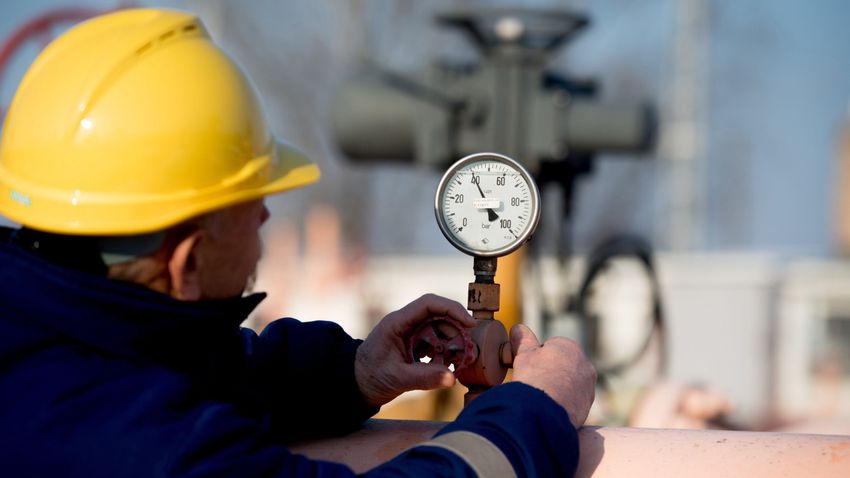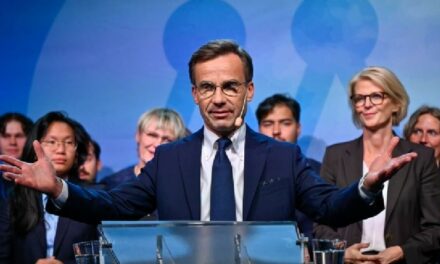We could even be happy that the European Commission has finally switched to a tougher tone and is considering decisive steps in the interest of European energy consumers. At first glance, this is how it appears that he is planning to introduce a price cap on gas.
According to the idea, the stock market price of the energy carrier would be maximized, meaning that it could not be traded above a certain price level. In this way, Brussels would protect consumers from further price increases and their catastrophic effects on society and the economy, which are not yet foreseeable.
The Commission has finally come to its senses - one might think, but the situation is not so simple.
Many immediately compared the idea to the Hungarian utility reduction and price caps, and not without reason. In Hungary, the system of price caps also works in such a way that the maximum amount to be paid for a product is determined, below which you can of course sell gasoline, cooking oil, or even chicken breast. In the case of gas and electricity, people are protected by a fixed official price, which is much more favorable than the market price, even above the average consumption. The twist is that in Hungary the government created the legal environment in such a way that the service provider (gas station, store, energy company) also has a service obligation, so
he cannot stop selling even if it is no longer worth it to him. This is precisely what is missing from the Brussels proposal.
The committee cannot make it mandatory for the seller to trade gas on the stock exchange. In other words, Gazprom or any other actor can safely say, "thank you very much, it is not worth selling gas for me at this price, so I prefer not to trade with it." And if this were to happen, it would only endanger the already not very secure care even more.
From this point of view, the Commission's proposal is more like playing with fire than a real solution, given the current level of gas storage capacity.
It didn't take long for the Russians to respond, who chose not to suspend stock market trading, but to stop the Nord Stream. Of course, the reason is officially a malfunction, but based on the circumstances, it is easy to deduce what the real reason might be. Russian President Vladimir Putin has also made it clear in the past few days: if there is a price cap, not only will there be no gas, but neither will oil and coal.
Meanwhile, Europe is trying to become independent from Russian gas with a big vest. To this end, it has increased the export of LNG gas from such initially surprising places as China. Except
China exports almost exactly as much gas to the European Union as it imports from Russia. Of course, the energy carrier bought cheaply from Moscow was handed over to Brussels at market price.
By the way, Saudi Arabia has already done the same to us. So it is clear that for the time being the Commission is trying to get tough, no matter how much it costs, there is no alternative to Russian gas. And the fact that he wants to solve a crisis situation that he caused in part by causing an even bigger crisis is a peculiar mixture of political short-sightedness and indifference. Now would be the time to take notice, preferably before it's too late. It is certain that we are in the last hour.
Photo: MTI/Szilárd Koszticsák












